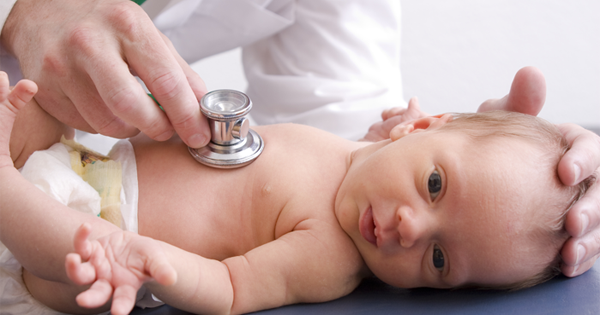Advertisement
Health officials in San Diego just released the news: A 5-week-old baby has just died from whooping cough.
The reports don’t reveal many details about the infant, but doctors say the baby was otherwise completely healthy.
This child is the second baby to have died of whooping cough this year.
In May, a baby just under six months of age died of the disease, becoming the first death caused by whooping cough since 2009.
Doctors are currently trying to develop better methods of defending newborns, infants, and other children under 12 months of age from this disease.
While adults can receive full vaccinations for whooping cough, also known as pertussis, newborns cannot receive the same level of protection because they’re too young. Doctors can only advise pregnant women and other adults with newborns in the home to get fully vaccinated to protect children from contracting pertussis before they’re of age to receive vaccinations.
Infants can receive their first vaccination as early as two months of age, but require five booster shots over the next five years to ensure they’re fully protected. Until the vaccination cycle is complete, children are still more susceptible to pertussis than adults.
Right now, the California Department of Public Health recommends that all pregnant women receive a booster shot for pertussis in their third trimester, infants receive their first vaccination when they’re two months old, children receive a booster shot when they’re 13 (or 14), and adults who are in contact with children or pregnant women should update their pertussis vaccine.
Unfortunately, whooping cough doesn’t always have evident symptoms in newborns, which makes the disease even more difficult to diagnose and treat at this young age – which is why doctors are now trying to make further progress in terms of vaccines.
Doctors advise anyone who might be experiencing symptoms of pertussis to contact their health care provider immediately, to ensure the disease doesn’t progress or spread.




